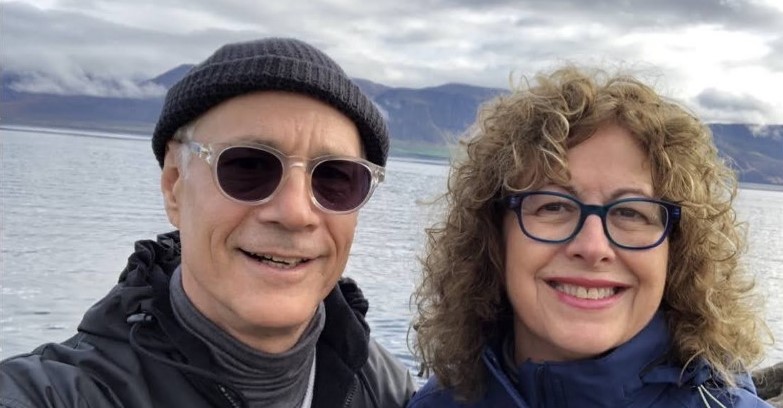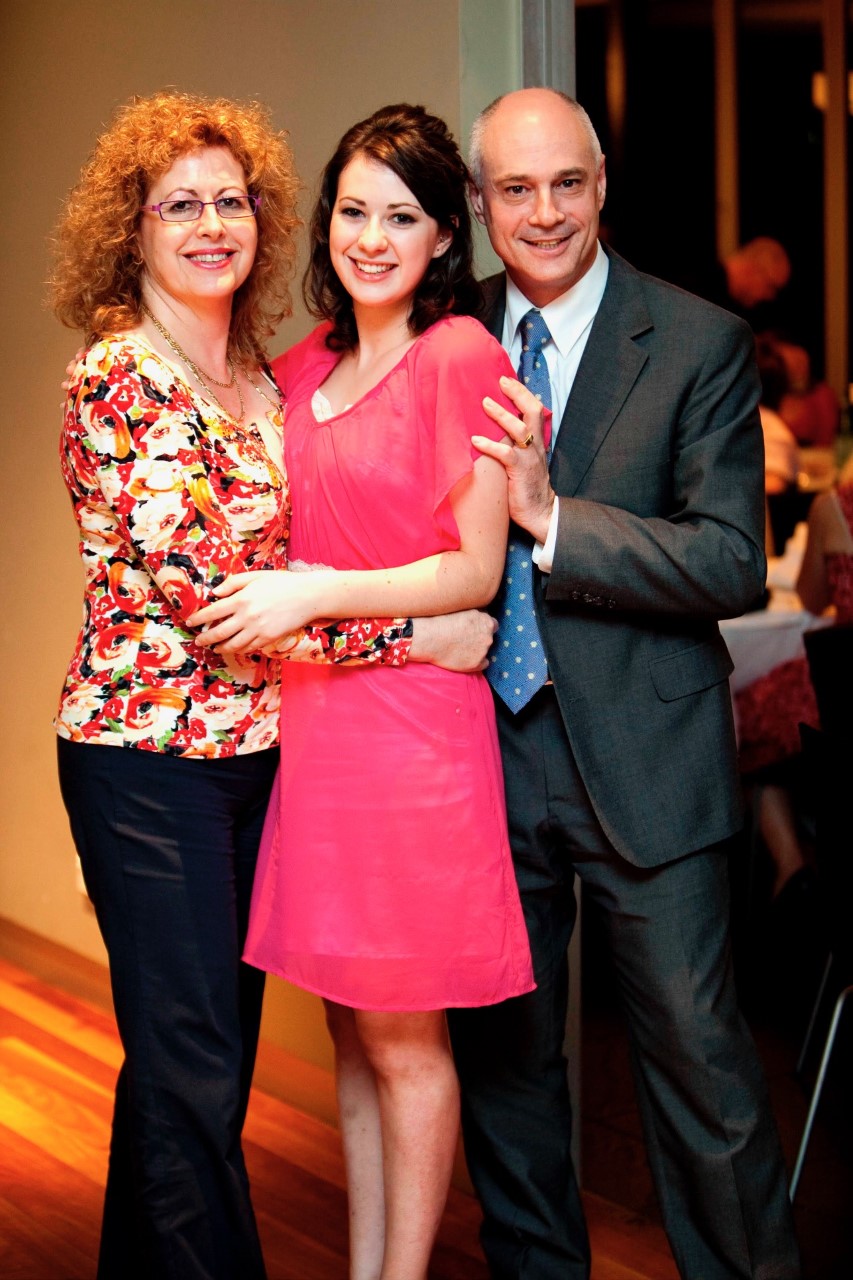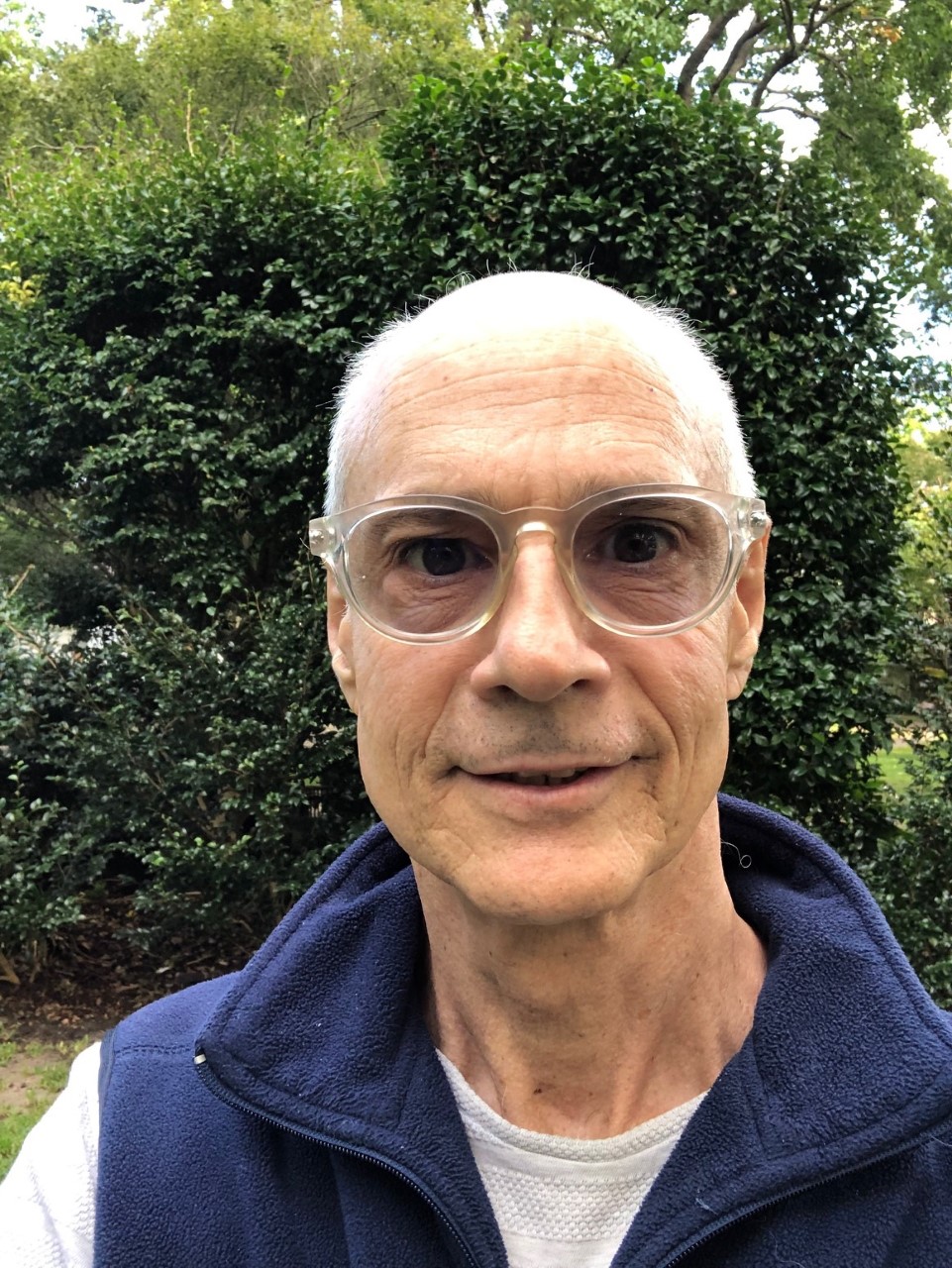
For 64 years, Mark Cohen took good care of his body. He played sport, went to the gym regularly, never smoked or drank alcohol and lived by the philosophy that his body had to last a long time so he could grow old with his wife, Sonya.
Before his shock diagnosis, Mark says he felt indifferent towards the health system. Looking back, he believed that, “The system existed for ‘sick’ people and I supported it by paying my taxes but it wasn’t there for me.”
He felt this way until the day he had no choice but to come to grips with his own mortality.
On 17 August 2020, Mark and his wife Sonya went to the GP to get results for routine blood tests and for Sonya, results of a routine mammogram. Sitting together, Sonya and Mark had no idea that within minutes their lives would be turned upside-down. The GP first turned to Sonya, telling her that she had breast cancer, but luckily, she would probably recover as it had been caught early due to her own diligent care.
After a minute, the GP turned to Mark and told him he may have myeloma, a blood cancer that develops from the plasma cells made in the bone marrow. If confirmed, this was a worse diagnosis and if not treated immediately, he would not survive more than two years.
Mark recalls, “Sonya and I looked at each other and realised at that moment, our world had changed forever but it just goes to show that cancer doesn’t discriminate.”
From thinking they were both healthy heading into the GP practice to coming out with two cancer diagnoses, the hardest part was then telling their two children and planning their treatments at the same time.
Within days, Sonya’s treatment had been set, specialists appointed and three weeks later she had a lumpectomy followed by a month of radiation therapy. She is now in recovery, thanks to a system that provided years of breast scanning services, her own care and the efficiency and professionalism of her healthcare professionals.
As for Mark, within 24 hours of seeing the GP, a specialist had been appointed and six months’ worth of appointments had been booked. Mark recalls, “I don’t know who did it all or how it was done, but the system was flawless. It happened without me having to blink.”
A bone marrow test confirmed the pathologist’s query of myeloma and within a week, Mark started a six-month course of chemotherapy to suppress it. He then went to get a bone marrow transplant – a process that Mark describes as the most traumatic of his life.

Mark, Sonya and their daughter Emma
Arriving at the Northern Sydney Cancer Centre at Royal North Shore Hospital and seeing people in the waiting room, Mark was struck by how outstanding the health care system is for acute patients.
“When you enter the reception at the Northern Sydney Cancer Centre, it’s astounding to see the number of people waiting because every one of those people is relying on the system.”
“I’ll never forget when I sat down to get my blood taken, I saw a young man caring for his wife and broke my heart to see someone so young being destroyed by this affliction.”
Mark was taken care of by a team at Royal North Shore Hospital, led by Professor Ian Kerridge, a staff haematologist and bone marrow transplant physician. Mark remembers the kindness and compassion of all the healthcare professionals involved in his care, including Nonie Ferrer, the clinical nurse consultant in the Apheresis and Venesection Unit and Cassandra Reid, the bone marrow transplant clinical nurse consultant.
“I can’t name all the people who took care of me because there were so many and they were all outstanding in providing me with holistic care and support.”
Professor Kerridge says that the relationship between him and Mark was one of mutual respect and honesty. “We developed an intensely personal and rich relationship. I had to trust Mark completely and he had to trust me completely – it’s the sort of relationship which transcends the illness.”
Over two days in the Apheresis Unit, Mark’s stem cells were harvested into two bags, the size of his fist. Mark describes the process as being extremely uncomfortable as he had to sit down the whole time with both arms pinned to the chair.
“A centrifugal machine collected my blood and extracted the stem cells first and then the process was completed with the balance of my blood being returned via a line injected in my other arm.”
After having his bone marrow destroyed as the first step of the transplant process, one of the tiny bags of cells was injected back into Mark’s body. It was then a matter of waiting for the cells to start rebuilding his body’s capacity to produce blood on its own.
“Remember, no bone marrow, no blood, no life.”

Mark Cohen
Now almost two years on, Mark is on maintenance drugs which are very strong and have significant side effects. Even though some days are tough, he says, “You’ve got to be strong, look at the positives and get through the harder times for the ones you love.”
With two grown-up daughters and a granddaughter, Mark says they are the ones he thinks about and worries about the most. Since he started courting Sonya 37 years ago, he has been writing poetry to her and continues to do so today as a coping mechanism.
After his experience, Mark is donating to the FACT accreditation project in the hopes that his journey will help pave the way for more people to benefit from the advanced care that the Royal North Shore Hospital Haematology Department can provide to them.
“If getting FACT accreditation for the hospital can deliver better health outcomes and improve the experience for future patients, I see it as my duty to donate and tell as many people as possible.”
“I want to give people hope and I also want to nudge potential donors who might be thinking, ‘No, not this time’ to understand how impactful their donations could be, not just for others but, perhaps one day, even for themselves,” says Mark.
Mark believes that even with ‘good health’, there is always the unexpected possibility that you might one day need immediate and urgent health care. He says, “We are lucky that the system is fantastic – everyone involved is professional, caring and diligent and I hope that sharing my story will inspire others to help.”
To learn more about the Royal North Shore Hospital FACT accreditation project, please click here.

